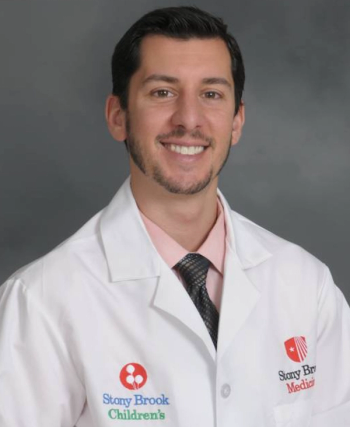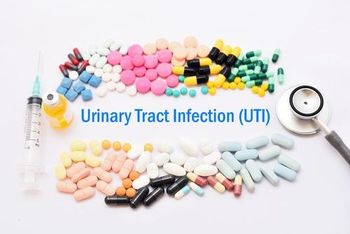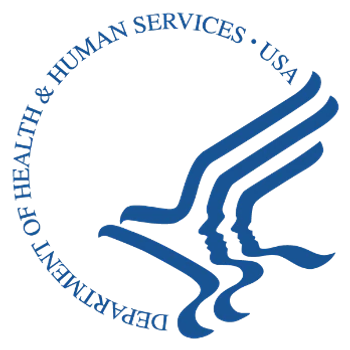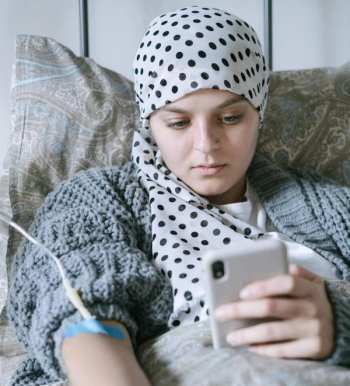
Jatin Vyas, PhD, MD, offers some insights into the economics of development, the biology of fungal species, and the difficulties behind creating new antifungal molecules.
John Parkinson is the assistant managing editor for Contagion. Prior to joining MJH Life Sciences in 2020, he has covered a variety of fields and markets including diabetes, oncology, ophthalmology, IT, travel, and local news. You can email him at jparkinson@mjhlifesciences.com.

Jatin Vyas, PhD, MD, offers some insights into the economics of development, the biology of fungal species, and the difficulties behind creating new antifungal molecules.

The antiviral, glecaprevir/pibrentasvir (Mavyet), is the first and only oral 8-week pangenotypic treatment approved for people with acute or chronic hepatitis C. The approval supports global clinical guidelines to advance testing and treatment of HCV regardless of chronicity and supports public health goals for disease elimination.

The federal agency approved the company’s mRNA-1345 (mRESVIA) vaccine for people who are between the ages of 18 to 59 years.

Andrew Handel, MD, discusses prevention, how to remove ticks, and the burden of Lyme disease in certain populations.

Mycovia Pharmaceuticals is evaluating oteseconazole against the standard of care for treating cryptococcal meningitis.

In a new study presented at MAD-ID, omadacycline was found to have an 86% clinical success rate across a wide-range of infections and pathogens in an immunocompromised population.

After the leaders of the NIH, FDA, and HHS made an announcement stating that both pregnant women and children were going to be taken off the COVID-19 immunization schedule, they decided to offer a new designation for the latter group, making it a shared decision between providers and patients.

The company's vaccine, mRNA-1283, becomes the first approval under the new federal guidelines.

Despite the funding being terminated, the company said data from its phase 1/2 study of its investigational vaccine, mRNA-1018, demonstrated positive interim results.

A new study being presented at MAD-ID looked at this class of therapies vs oral penicillins and found the former to be non-inferior to the latter.

At MAD-ID, a study highlights how prescribing in these settings suggests a need for antimicrobial stewardship efforts.

If approved, Spero Therapeutics and GSK’s antibiotic, tebipenem HBr, could be the first oral carbapenem for US patients with complicated urinary tract infections (cUTIs).

The World Health Organization (WHO) says the previously predominant LP81 variant has been declining, and that the NB181 strain, which is a variant under monitoring, is increasing.

In a joint announcement, the leaders of the NIH, HHS, and FDA, made comments about this CDC immunization removal.

With this news, Sanofi's immunization becomes the only MenACWY vaccine that can help protect individuals 6 weeks of age and older, with no upper age limit.

TAXIS Pharmaceuticals announced it received a $2.9 million federal grant, which will allow the company to further advance its efforts with its dihydrofolate reductase inhibitors for the rapidly spreading and antibiotic-resistant strain of Neisseria gonorrhoeae.

The FDA committee advisors are recommending the monovalent JN1-lineage-based COVID-19 vaccines preferentially using the LP81 strain.

Paul Feuerstadt, MD, discuses the treatment’s overall safety and efficacy profile and provides insights on data around smaller subsets of patients with comorbidities.

Pediatrician Sharon Nachman, MD, discusses the potential effects of the new policy including how things like vaccine access, incidence rates, and participation in placebo-controlled trials may change.

The company made the decision after the FDA requested more vaccine data for the mRNA-1083 vaccine. Moderna plans to resubmit their Biologics License Application (BLA) for the vaccine later this year.

FDA leadership says they expect more testing for COVID-19 vaccines and that they generate antibody titers in people in order for vaccines to be considered for approval.

The Centers for Disease Control and Prevention (CDC) provided an update on the outbreak associated with whole fresh cucumbers, which were distributed this spring to stores, restaurants, and other facilities.

Innoviva Specialty Therapeutics’ antibiotic is the first and only FDA-approved cephalosporin indicated to treat Staphylococcus aureus bacteremia, including right-sided endocarditis, caused by the methicillin-resistant Staphylococcus aureus.

The international organization’s first set of guidelines for this serious condition are looking to reduce mortality and morbidity.

The company's Nuvaxovid vaccine is the only recombinant protein-based, non-mRNA COVID-19 immunization available in the US.

Clinical-stage company, Biovie, will study its therapy, bezisterim, for treatment of neurological symptoms associated with the condition. The company expects to have study results in the first half of 2026.

Robert Hopkins Jr, MD, the medical director of the National Foundation for Infectious Diseases discusses the results of the organization's new survey and the surprising findings that many people forget to wash their hands after key times or believe it is not needed.

A small percentage of people who contract the tick-borne illness have lingering symptoms and health issues after the acute infection has been treated, but there are no FDA-approved therapies to deal with prolonged symptoms. A new report looks to address this issue.

Pertussis, also known as whooping cough, saw more cases last year than in the last decade, and it is on track for another record year for cases. Sharon Nachman, MD, provides clinical insights for presentation, treatment, and vaccination.

A large retrospective cohort study demonstrates greater resistance across different pathogens in this patient population compared with those who do not have cancer.